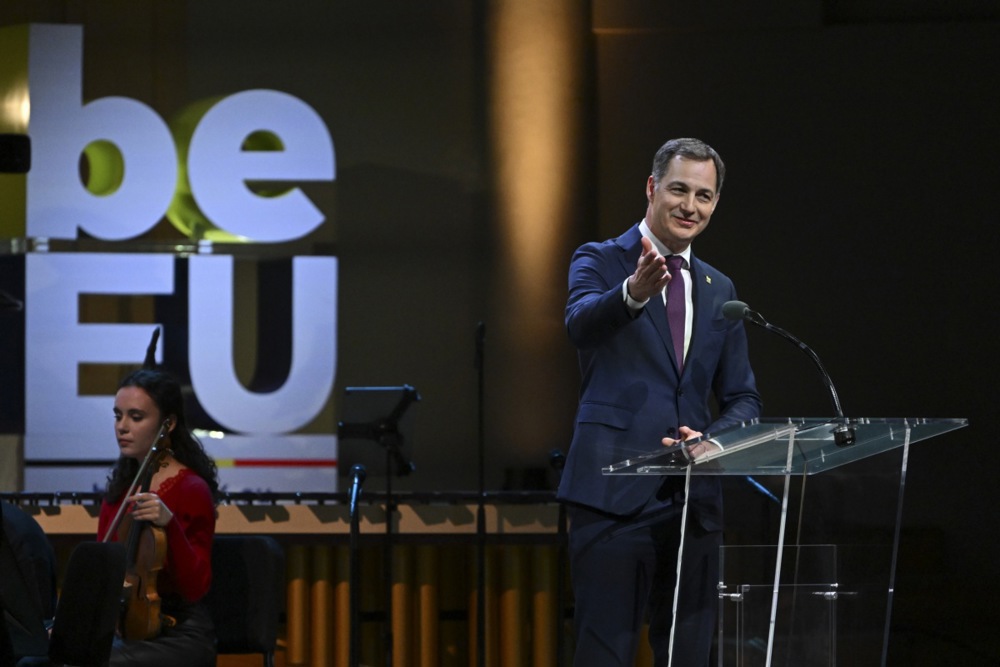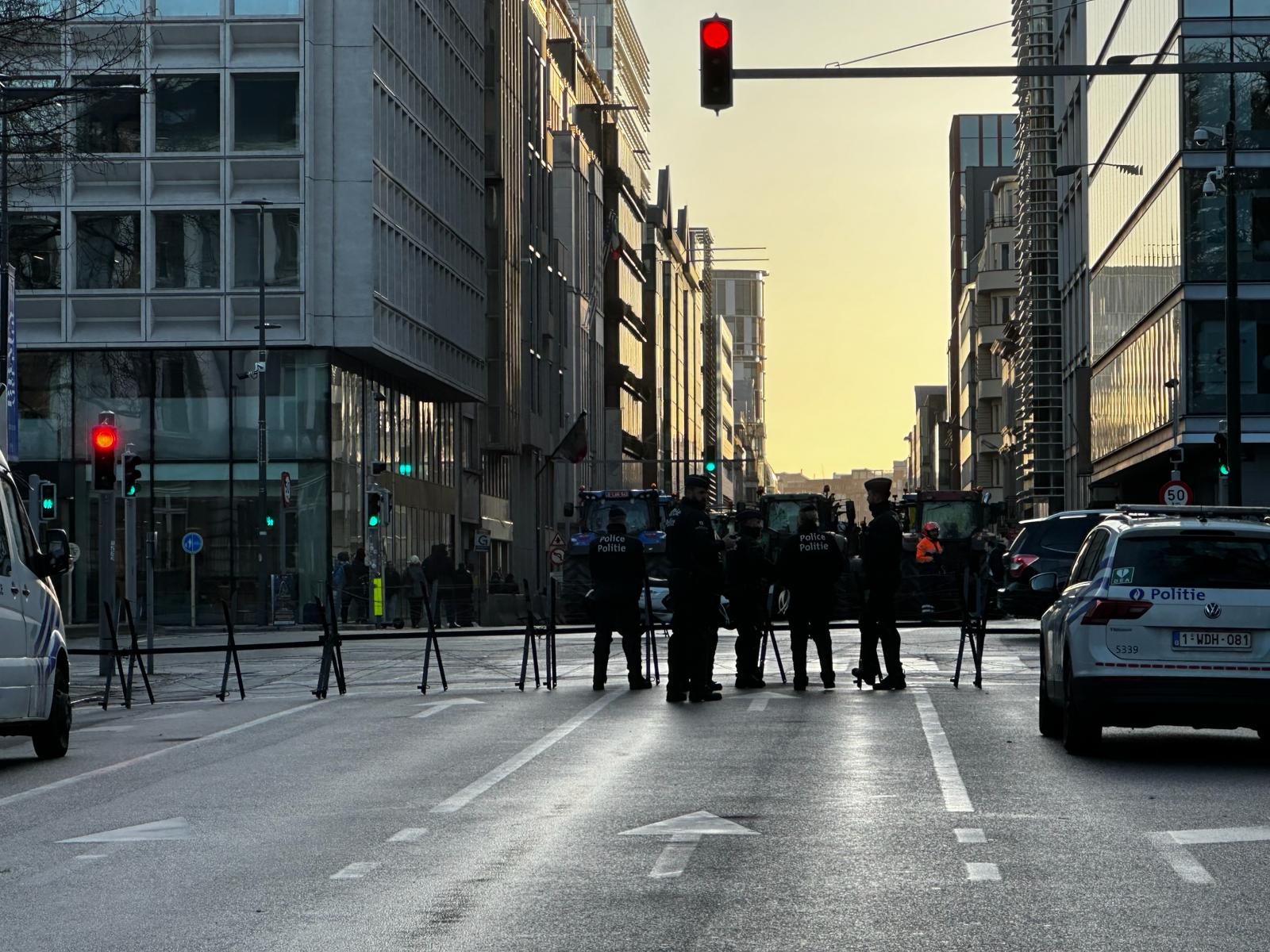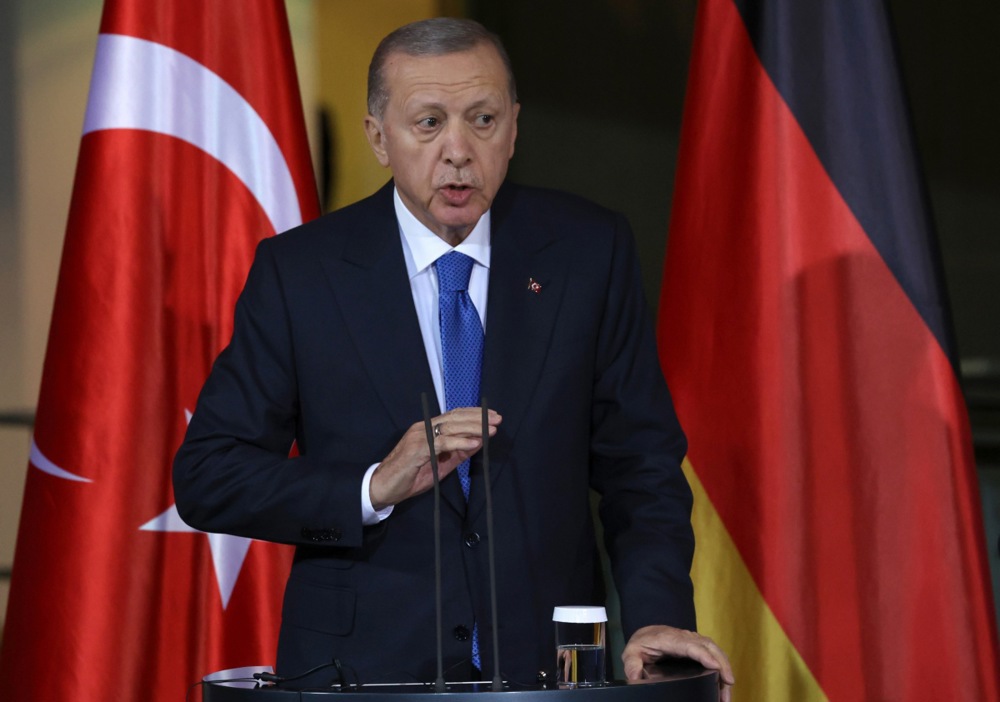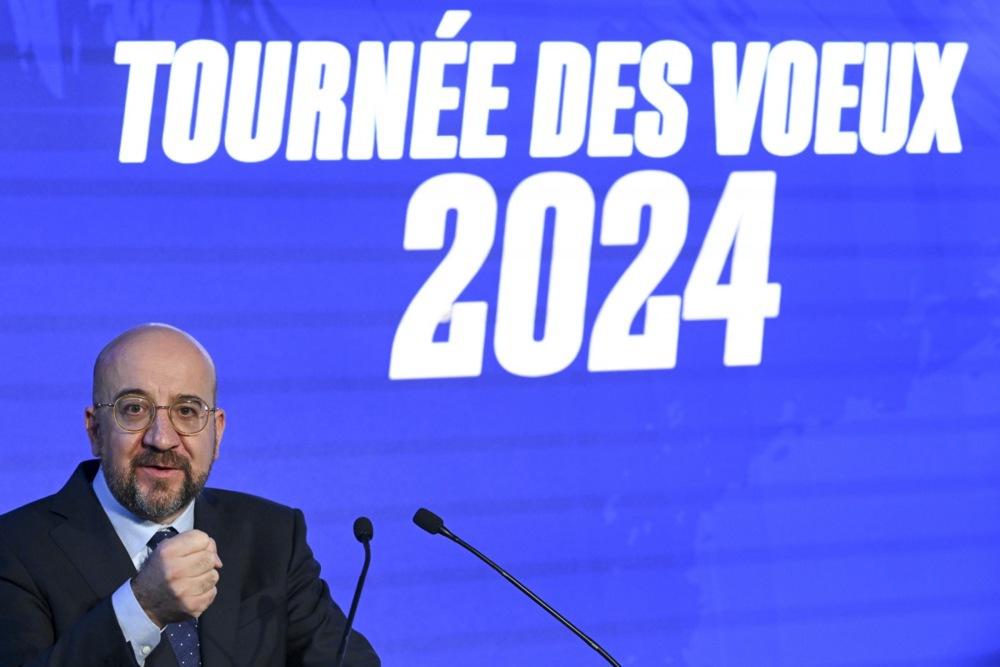In June, Belgium will take part in European Parliament, national and regional elections at the same time, with municipal votes following a few months later.
Brussels Signal asked experts to give readers an accurate picture of the political situation in the country – it soon became clear there is a wide gap between the Dutch-speaking North and French-speaking South.
Regarding the Southern region of Wallonia, Brussels Signal spoke to Jean Faniel, the Director General of the Centre for Socio-Political Research and Information (CRISP), which focuses on Wallonia and Brussels.
Asked about the most important themes in Wallonia, Faniel said it was as yet difficult to be precise. “It’s a continuous campaign but there haven’t been many debates yet. They will come gradually,”
Faniel said he expected dominant themes in political discourse in recent years will again be prominent. One such would likely be the floods of the summer of 2021, that caused enormous damage to the area, took the lives of 41 people and cost billions of euros to rectify. That, he said, was also connected to housing, reconstruction and the effects of climate change.
Similarly, the COVID-19 pandemic and its associated issues will probably be a big-ticket item.
The dire economic situation in Wallonia, and the way the Government is handling it, will also likely loom large, Faniel said. In the past few years, major economic revitalisation plans have been launched in succession but positive results have been negligible.
Combining all the above, he said it was clear that solutions to Wallonia’s trade deficit and increasing indebtedness would only become more difficult to achieve.
To further complicate matters, Belgium’s national budget is also in a parlous state and, in the Dutch-speaking Northern region of Flanders, separatist parties are leading the polls. They want to cut what they see as costly and unfair economic transfers from the North to the South.
On top of all this, prior agreements will cost regions federal funds. In 10 years, Wallonia is likely to lose €600 million. That will come as the European Union returns to its fiscal orthodoxy from the past, demanding stronger and tighter budgetary rules.
National reform is an evergreen issue in Belgian politics, but in Wallonia regional reform is also on the table, with the many political areas needing to make a concerted effort to improve fiscal efficiency.
Ideas regarding such are, to say the least, divergent and no real substantive discussions have yet taken place.
At the national level, the view in Wallonia is also different from that of Flanders.
While the Flemish often see the Belgian Government as being dominated by the French-speaking Socialists in particular, Faniel asserted that was not the case in Wallonia.
“On the political Left, the biggest bloc in Wallonia, and within the labour unions, people say the Socialist Party is not strong enough.
“They see the Liberal Party as the one most wielding influence,” Faniel said.
He cited Francophone Liberals, the MR, as hugely visible due to its success in keeping under-threat nuclear power plants open, its COVID-related support measures for the self-employed and small businesses and most recently its support for farmers.
The latest polls saw strong scores for the Communist Party, in particular in Brussels, but Faniel is not convinced the Communists will perform strongly later this year.
One reason, he said, is that polling in Brussels is not an especially reliable indicator of actual sentiment.
In addition, the perceived radicalism of the Communist Party causes voters to doubt if they want it to be part of future governments, Faniel said.
At the other end of the spectrum, there is a new kid on the block: Chez Nous, an anti-migration party connected to Vlaams Belang and France’s National Rally. It is seen as hard-right and garnered signifiant initial support on social media. Despite that, Faniel said he felt support has already peaked.
“There are divisions and disputes within the party. It’s relatively small and not well-known,” he pointed out.
Both the media and other political parties do not want to acknowledge the party and a complete blackout on any reporting of it is in place.
Alongside that, according to Faniel, migration is much less of a hot-potato theme in Walloon politics.
Something unusual happened in Wallonia, on March 21: the separatist, centre-right N-VA party announced it would stand candidates in the region.
The conservative intellectual firebrand Drieu Godefridi wants to stir things up and sell a new, confederal message in the South too.





